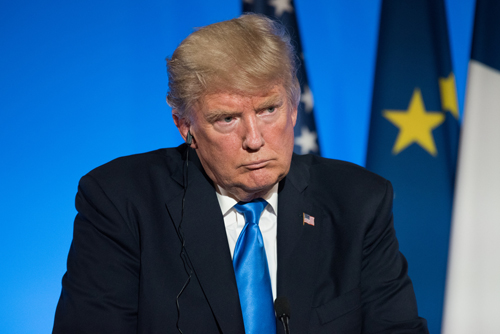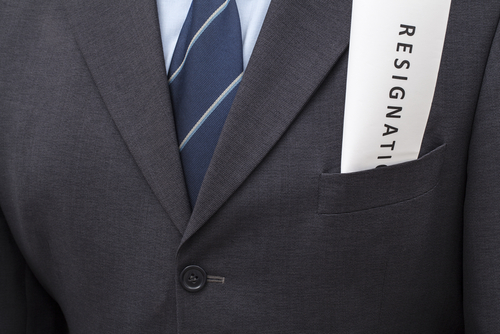Judge rules former 'Apprentice' contestant's suit against Trump can proceed while he is president

President Donald Trump.
President Donald Trump is not immune from a state court lawsuit alleging he defamed a former contestant on The Apprentice by denying her allegations of unwanted kissing and groping, a New York judge has ruled.
Judge Jennifer Schechter allowed the suit by Summer Zervos in a decision on Tuesday, report the Washington Post, Politico, BuzzFeed News and Bloomberg News.
“No one is above the law,” Schechter wrote.
Lawyers for Trump had argued the Supreme Court’s 1997 decision in Clinton v. Jones did not settle the question of immunity in state court. The Supreme Court had held that federal courts were not required to stay a civil harassment suit by Paula Jones against President Bill Clinton while he was in office.
Schechter said the court’s ruling in the Jones lawsuit should be “no different for suits commenced in state court related to the president’s unofficial conduct.”
“Nothing in the supremacy clause of the United States Constitution even suggests that the president cannot be called to account before a state court for wrongful conduct that bears no relationship to any executive responsibility,” Schechter said.
Schechter also refused to dismiss the case for failure to state a cause of action.
Zervos says Trump’s conduct occurred after she was a contestant. She had contacted Trump in hopes that he could help her pursue job opportunities.
Zervos alleges Trump kissed her twice on the lips during a 2007 meeting at his office, and kissed and groped her the next time she saw him at a Beverly Hills, California, hotel, where she had gone to join him for dinner.
She spoke out about her alleged experiences after Trump’s comments to a reporter for Access Hollywood became public. Trump had said that he just starts kissing women, “and when you’re a star, they let you do it.”
Marc Kasowitz, a lawyer for Trump, told Politico in a statement that he plans “to immediately appeal and will seek a stay of the case until this issue is finally determined.”
“We disagree with this decision, which is wrong as a matter of constitutional law,” he said.
Write a letter to the editor, share a story tip or update, or report an error.


